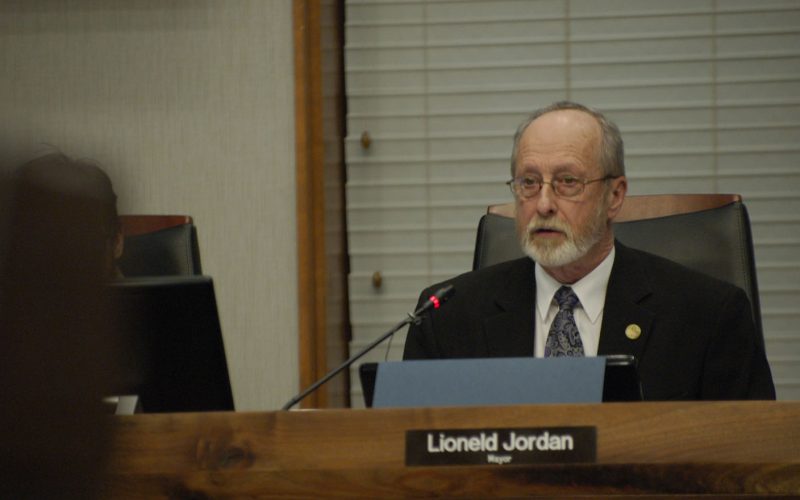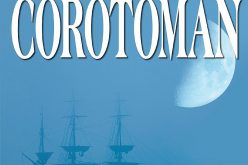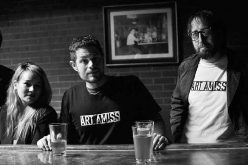The Fayetteville city administration is ready to take bold risks to address residents’ needs and build upon previous accomplishments, laying a foundation for the future, Mayor Lioneld Jordan said Jan. 16 during his State of the City address.
Prosperity, fairness and resilience serve as the key principles of the administration, Jordan said. He described the state of the city as strong and financially sound.
“As your mayor, I am always thinking about how to make life better for everyone,” Jordan said. “I am always exploring and expanding what is possible within this administration.”
The city received a litany of awards and recognition last year. The City Council also adopted or got the ball rolling on a number of initiatives, such as the Fayetteville First economic plan, a new recycling plan and an energy action plan. A mobility and parking study is set to be unveiled early this year with recommendations to follow.
Jordan framed his address around the guiding principles of the Vision 2050 plan. He and council members devised the strategy during a March retreat.
A workforce development plan will serve as a huge step to ensuring targeted industry sectors have a pipeline of talent coming through, Jordan said. Welcoming foreign-born entrepreneurs contributes to economic prosperity, he said.
“We will work with a broad range of partners to build bridges out of poverty for our citizens,” Jordan said. “We will explore the expansion of skilled trades and apprenticeship programs in our city.”
Applying lean-government principles and implementing new permit-tracking software this year will streamline and improve the development review process, Jordan said.
A new process for creating historic preservation districts or landmarks will help protect the city’s heritage, he said. The Historic District Commission is working with city staff on a possible ordinance.
College Avenue will continue to see improvement, with a corridor plan to guide public investment and private redevelopment, Jordan said. Work also will get going on the design of a cultural arts corridor downtown, thanks to a grant from the Walton Family Foundation.
Two of three Rupple Road segments are complete. Finalizing the last leg of Rupple to Howard Nickell Road will complete the arterial loop around the city known as the Mayor’s Box, Jordan said.
The 3-mile Cato Springs Trail should finish early this year, connecting Kessler Mountain Regional Park to the Razorback Greenway. A slope at the regional park will be repaired with federal aid.
A digital inclusion task force, in partnership with the university, library and Fayetteville Public Schools, will recommend strategies to improve access to online learning and employment opportunities, Jordan said. A map of free Wi-Fi spots in public parks and downtown will be rolled out soon, he said.
Jordan said he expects to pay down the $120 million sales tax bond city voters passed in 2006 about five years earlier than expected. Paying off the debt in 2019 will save the city from additional interest costs, he said.
Financial stewardship will create the opportunity to invest in a new package of capital projects at the same tax rate currently in place, Jordan said.
“With your help, we will shape our future together with purpose and intent,” he said.
The council also approved a $370,000 contract with RJR Enterprises to build a splash pad and two restrooms at Walker Park. Park Planner Ted Jack said construction should finish by midsummer.
In a separate matter, this week the online hospitality company Airbnb announced it will begin collecting and remitting the city’s 2 percent hotel, motel and restaurant sales tax effective Feb. 1. Half of the tax goes to tourism. The other half goes to parks.
Guests will be charged the appropriate tax on their Airbnb bill, and the company will then remit to the city the taxes collected, according to an Airbnb news release.
Paul Becker, the city’s chief financial officer, said the administration won’t know the exact economic impact until March or April.
“Although it will help ensure taxpayers subject to the tax will be paying their fair share as the law specifies, I don’t believe the amount generated will be very large relative to total collections,” he said.
__
Vision 2050
• A diverse and growing local economy.
• A naturally beautiful, fun and safe city in which to live.
• Well-maintained infrastructure and facilities.
• Greater ease of mobility with effective transportation systems.
• Ecosystem preservation.
• Financially sustainable government providing top-notch resident services.
Source: City of Fayetteville






